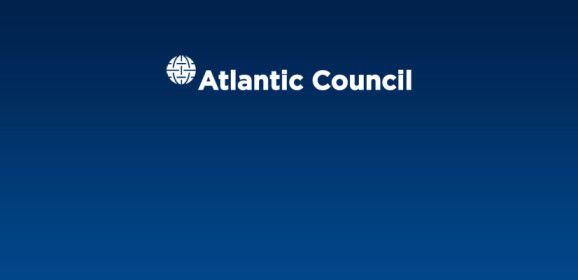Section: Research Organizations & Think Tanks about Ukraine
The Decline of the West, and How to Stop It
Published by: nytimes.com By JAVIER SOLANA and STROBE TALBOTT OCT. 19, 2016. WASHINGTON — For most of the last 70 years, the United States, Canada and much of Europe have constituted a vast zone of peace, prosperity and democracy. The trans-Atlantic community has grown to over 900 million inhabitants of more than 30 countries. It has set an...
Watch List Findings: Oct. 22, 2016
What follows are the preliminary findings for issues identified in the daily Watch Lists this week. We are only sending findings that we regard as significant or potentially significant to keep this email manageable. We have findings for all the Watch List items. Should you be interested in findings not listed here, please contact us and we will...
Syria, Brexit and migrants – is there any place for Ukraine on the international agenda?
By Sergiy Gerasymchuk, Project Coordinator, Foreign Policy Council “Ukrainian Prism”. Events, which happened at the beginning of October 2016 confirmed that the trend of recent months, when the dominant topics on international agendas were safety and finding ways to guarantee it, is still valid. The crisis in Syria, which caused the waves of...
There They Go Again: International Media Enables Russian Aggression in Ukraine
When does a Russian warlord become a “pro-Russian separatist?” Newsrooms around the world may want to ask themselves this question following Russian militant leader Arsen Pavlov’s assassination in Donetsk in mid-October. In the wake of the killing, one news report after another ran with headlines referring to Pavlov as a pro-Russian...
Kleptocracy Weekly: October 15-21, 2016
On Wednesday, KI hosted the Lithuanian ambassador, a former Ukraine finance minister, and a distinguished panel to discuss “The Threat of Kleptocracy: States Bordering the Russian Federation.” Watch here. On Thursday, KI launched a report by Ben Judah: “The Kleptocracy Curse: Rethinking Containment.” Read the report and watch the event. United...
Ukraine and Poland Point to Soviet Culpability in World War Two
October 21, 2016 …read more Source: Center on Global...
Kleptocracy Daily: October 21, 2016
News Australian authorities are increasingly concerned about “astronomical” bets using dirty cash in Chinese casinos. (Sydney Morning Herald) In a continued crackdown on illicit capital outflow, China’s currency regulator busted underground banks dealing with $148 billion. (Bloomberg) President Rodrigo Duterte announced that he is...
The death of a mercenary
Russia / Europe The largest project aimed at mobilizing Russian society was initiated on Russian TV three years ago. This initiative was de jure unofficial but was de facto state sponsored: public officials and politicians were ushered onto TV sets in their droves to talk about the war in the Donbas being “another Battle of Stalingrad”, spouting...
The International Dimension of the Fight for Aleppo in Syria
The offensive by Bashar al-Assad’s military, supported by Russian troops, on Aleppo—Syria’s largest city—might be successful. This large-scale operation was facilitated by the improved relations between Russia and Turkey and because the United States has only limited military options at its disposal. If Aleppo falls, Assad will have...
“Uncertainty”: A photo exhibition on Ukraine’s missing
Video | No one knows exactly how many people are missing because of the armed conflict in eastern Ukraine. What’s for sure is that each and every one is a tragedy. …read more Source: International Committee of the Red...










